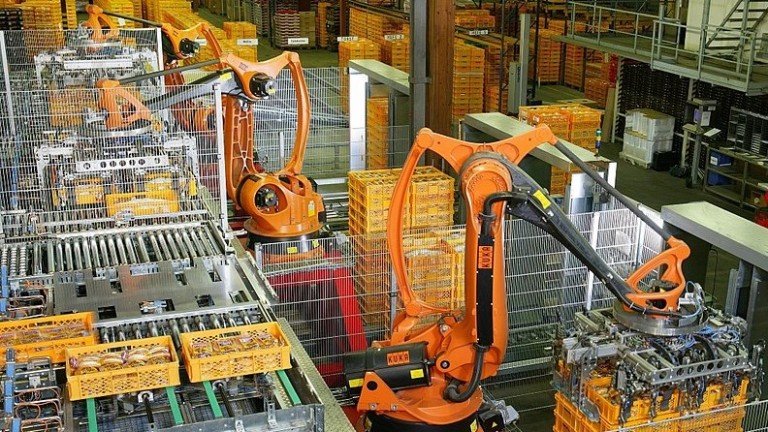A new report out from a think tank called the Center for Global Development argues that we need to shift our attention from guessing how many jobs will be eliminated to trying to fix the issue.
Some background: A slew of research projects have made a wide variety of predictions about automation-caused job loss. Predictions differ by tens of millions of jobs, even when comparing similar time frames.
The problems: The paper’s authors, Lukas Schlogl and Andy Sumner, argue that we can be certain significant change is coming without needing to predict the exact level of impact. They say automation will likely cause wages to stagnate and will increase inequality.
No answer yet: Schlogl and Sumner don’t see a good solution out there. It’s hard to retrain workers when the needed skills are unpredictable and frequently changing. Basic income would face a long uphill political battle. Discouraging automation in some industries is likely to jack up prices for the products they produce.
So what should we do? A bit frustratingly, the authors don’t propose any solutions of their own but, naturally, encourage further investment to find an answer.

